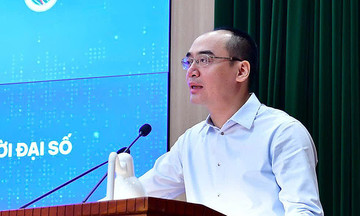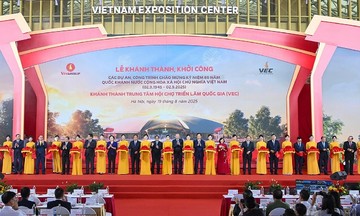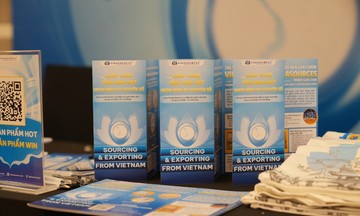At a seminar on 28/6 with representatives of British businesses investing in Vietnam, the Ministry of Finance addressed three key areas: international financial centers in Vietnam, tax policies related to sustainable development (ESG, the carbon market, and green trade standards), and customs procedures.
Vietnam plans to develop a financial center to attract international resources for three main pillars: the green economy, the digital economy, and innovation. The country will further develop international financial centers in Ho Chi Minh City and Da Nang, maintaining traditional financial products while promoting green and ESG-focused financial products.
On 27/6, the National Assembly issued a resolution on developing international financial centers in Vietnam. Following guidance from the Politburo and the Government, relevant ministries and agencies will develop eight decrees for implementation. The Ministry of Finance will review and propose tax policy revisions aligned with the 2030 tax reform strategy and international practices. While aiming for competitive tax policies, Vietnam seeks to avoid becoming a "tax haven".
ESG factors are integrated into Vietnamese law, including environmental protection regulations and tax incentives.
The Government recently approved a project to establish a carbon market. The goal is to create a connected and synchronized market aligned with international standards, enabling connection with global markets and facilitating carbon credit trading.
Vietnam's import-export customs procedures are standardized and automated based on risk assessment, with 100% of customs units and over 99.9% of businesses participating. Electronic customs document processing covers approximately 99.8% of transactions.
The Ministry of Finance will continue collaborating with relevant ministries and agencies to recognize electronic documents and signatures, promoting digital and paperless trade. The Tax and Customs departments are increasing IT adoption and mutual recognition among Vietnamese agencies to reduce procedures and business compliance time.
Yen Chi












